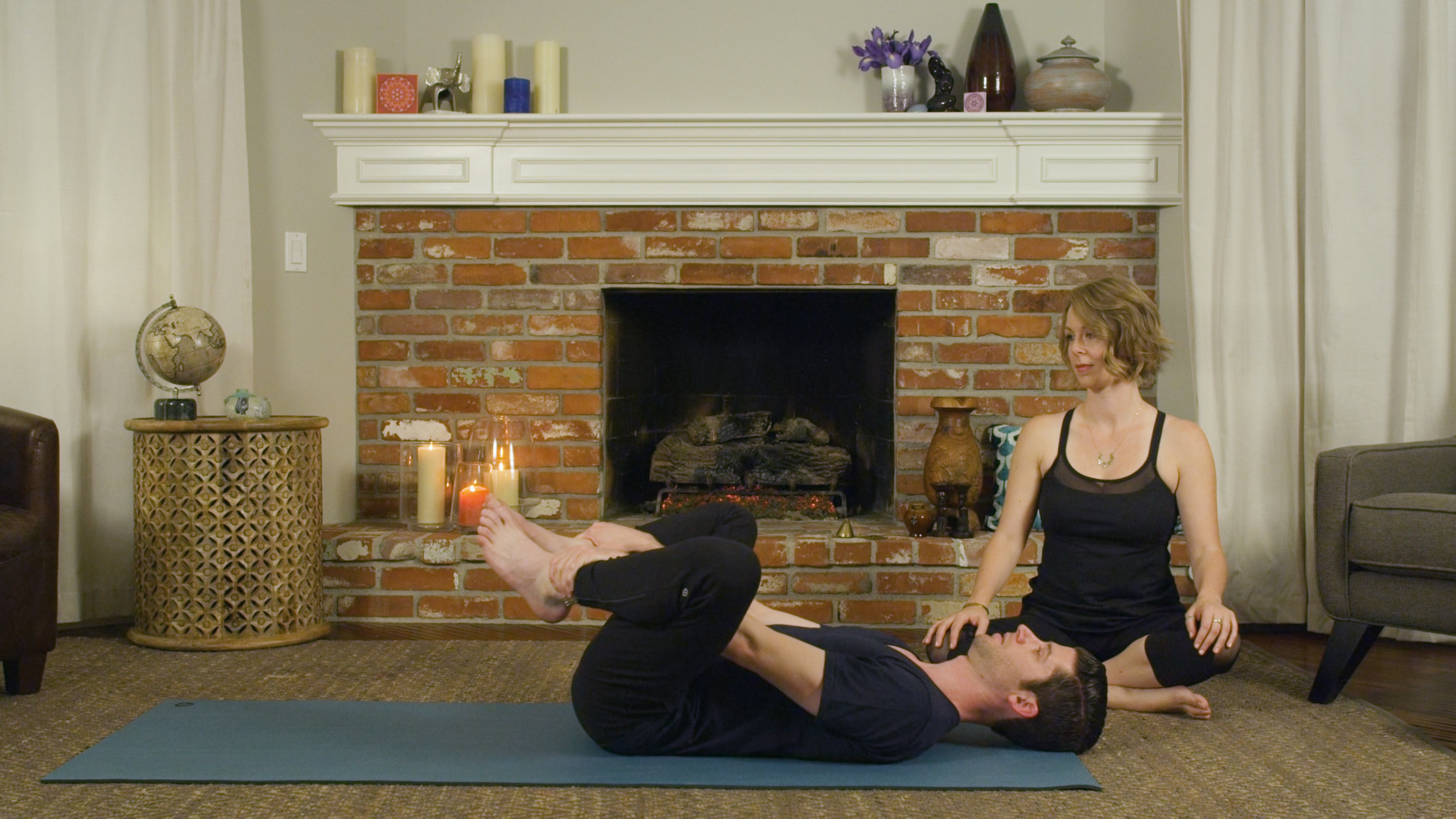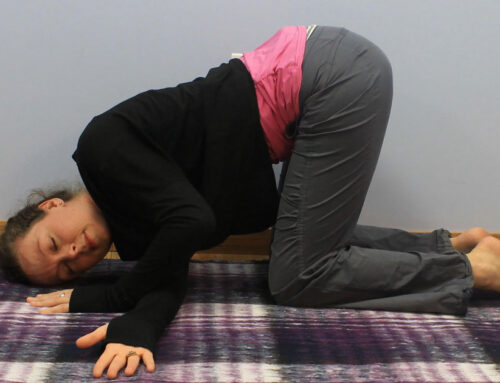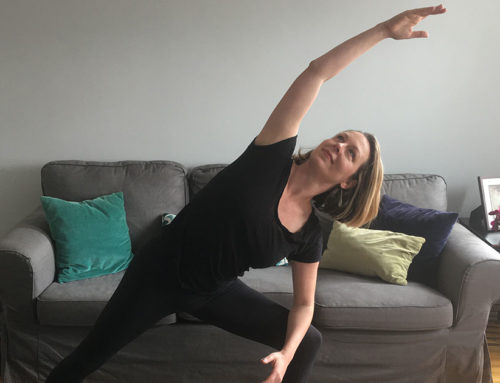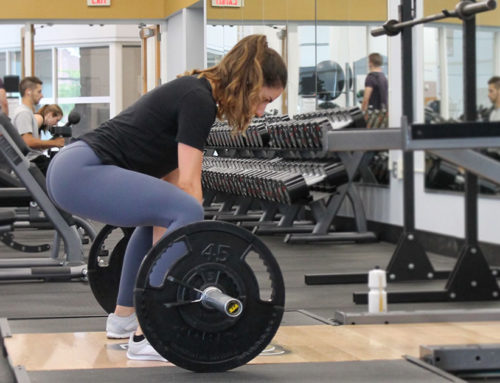Interstitial cystitis (also known as painful bladder syndrome) affects millions of people causing pain and a decreased ability to participate in daily activities. You can use yoga for interstitial cystitis to help manage pain and increase function. But first, what is interstitial cystitis?
The American Urology Association defines interstitial cystitis as “an unpleasant sensation (pain, pressure, discomfort) perceived to be related to the urinary bladder, associated with lower urinary tract symptoms of more than six weeks duration, in the absence of infection or other identifiable causes.”
The Interstitial Cystitis Association states 3.2–7.9 million women and 1–4 million men have symptoms of interstitial cystitis in the United States alone. As with other complex medical conditions, bladder pain is frequently under-diagnosed and can take an emotional, physical, and financial toll on quality of life.
Symptoms
Interstitial cystitis symptoms include:
- pain (in the urethra, vulva, penis, and/or abdomen)
- urinary urgency
- urinary frequency
- pain with sexual activity or other activities of daily living.
These symptoms are in the absence of an infection.
Treatment for interstitial cystitis
Treatment options for interstitial cystitis include:
- pain management
- physical therapy
- hormonal treatment
- medicine
- surgery
Manual physical therapy for the pelvic floor muscles, abdomen and viscera can help free the restricted tissues and decrease secondary muscle tightness. For those seeking ways to decrease symptoms on their own, yoga can be an effective and complementary option to clinical treatment.
How does yoga help interstitial cystitis?
The American Urological Association recommends stress management techniques in the first line of defense. Manual physical therapy is listed in the second line of defense.
Breathing, centering and awareness techniques offered in a yoga practice help reduce stress, and consequently, increase function. Certain yoga poses and flows help calm the sympathetic nervous system. Using yoga as an aspect of a holistic treatment plan for interstitial cystitis allows you to have a tool that is safe, portable, and effective in improving quality of life.
Note: As with any exercise program, please consult the appropriate medical provider. Some precautions and contraindications to specific yoga postures include uncontrolled high or low blood pressure, second and third trimester of pregnancy, recent surgery, etc.







[…] and women with interstitial cystitis will often avoid these irritants because it will elicit a pain response and significant urinary […]
[…] Interstitial cystitis (also referred to as painful bladder syndrome or bladder pain syndrome) […]
[…] posture is particularly for helping manage constipation, overactive bladder, interstitial cystitis/painful bladder syndrome, and […]
[…] the sides of the body to stretch also may help with overactive bladder, interstitial cystitis/painful bladder syndrome, dysmenorrhea, and endometriosis. Anytime we are affecting the spine or diaphragm will have a […]
[…] posture is particularly for helping manage constipation, overactive bladder, interstitial cystitis/painful bladder syndrome, and […]
[…] you experience pelvic pain, like endometriosis or interstitial cystitis, you may be not be able to stand up straight at times due to the severity of the pain you […]
[…] the sides of the body to stretch also may help with overactive bladder, interstitial cystitis/painful bladder syndrome, dysmenorrhea, and endometriosis. Anytime we are affecting the spine or diaphragm will have a […]